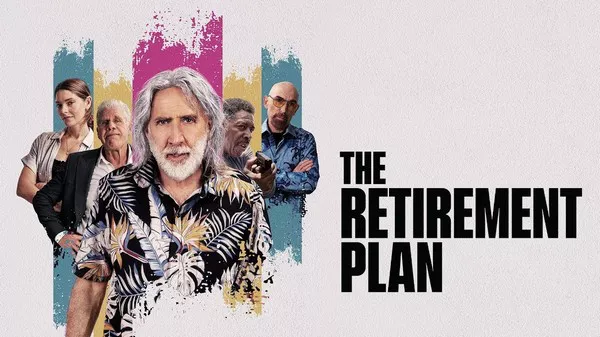Watching movies often exposes viewers to clichés, those well-worn narrative devices and tropes that, when overused, can diminish a film’s impact. Here’s a ranking of some of the most overdone clichés in cinema:
The 10 Worst Movie Clichés, Ranked
10. Deadly retirement plans
Examples: ‘The Expendables 2’ (2012), ‘To Live and Die in L.A.’ (1985), ‘Carlito’s Way’ (1993)
Description: Characters announcing their imminent retirement from a dangerous life, only to meet their demise shortly thereafter.
Commentary: Often parodied, this cliché has become predictable and lacks originality, even when used seriously.
9. No manners while on the phone
Examples: ‘The Terminator’ (1984), ‘North by Northwest’ (1959), ‘Double Indemnity’ (1944)
Description: Characters abruptly ending phone calls without saying goodbye, which disrupts real-life etiquette.
Commentary: Although common, this cliché serves pacing but can break immersion due to its frequency.
8. Coughing = death
Examples: ‘Captain America: The Winter Soldier’ (2014), ‘Midnight Cowboy’ (1969), ‘Pan’s Labyrinth’ (2006)
Description: Characters coughing, especially if they cough blood, signaling their imminent demise.
Commentary: Originally a dramatic device, it now feels contrived and predictable across genres from superhero films to realistic dramas.
7. The love triangle
Examples: ‘Pearl Harbor’ (2001), ‘The Twilight Saga’ (2008-2012), ‘The Hunger Games’ series (2012-2015)
Description: A romantic entanglement involving three characters, often adding unnecessary melodrama.
Commentary: When poorly executed, it detracts from the main plot; careful handling is required to avoid it feeling forced or clichéd.
6. The deadly family photo
Examples: ‘Platoon’ (1986), ‘Godzilla’ (2014), ‘Independence Day’ (1996)
Description: Showing a loved one’s photo before entering a dangerous situation, often leading to tragic outcomes.
Commentary: Once emotional, now expected, this cliché is prevalent in war movies and has seeped into other genres, losing its impact.
5. Plot armor
Examples: ‘Live Free or Die Hard’ (2007), ‘Avengers: Endgame’ (2019), most ‘James Bond’ movies
Description: Main characters surviving unrealistic scenarios due to their importance to the plot.
Commentary: While necessary for certain genres like superhero films, overuse detracts from tension and realism.
4. Explaining an evil plan
Examples: ‘The Lion King’ (1994), ‘Iron Man’ (2008), ‘The Crow’ (1994)
Description: Villains monologuing their entire scheme, often giving heroes a chance to counterattack.
Commentary: Frequently parodied now, this cliché requires nuance to avoid feeling contrived and formulaic.
3. Cat jump scares
Examples: ‘Friday the 13th Part 2’ (1981), ‘Alien’ (1979), ‘Night of the Demon’ (1957)
Description: Horror films employing cats for fake-out scares, undercutting tension.
Commentary: Once effective, now predictable, this trope relies on surprising audiences but has become overused.
2. The tiny bullet shield
Examples: ‘Hard Boiled’ (1992), ‘Batman’ (1989), ‘Glass Onion’ (2022)
Description: Characters surviving gunfire due to a conveniently placed object deflecting bullets.
Commentary: Works in heightened action contexts but strains credibility, needing clear setup to remain plausible.
1. Third-act misunderstandings/falling-outs
Examples: ‘Shrek’ (2001), ‘Avatar’ (2009), ‘Notting Hill’ (2009)
Description: Characters’ relationships strained due to misunderstandings, often resolved by film’s end.
Commentary: A staple of romantic comedies, this cliché can feel contrived and robs films of momentum and authenticity.
Clichés can sometimes add familiarity or humor but can also detract from a film’s originality and impact when overused. Filmmakers often walk a fine line between homage and repetition when incorporating these well-worn tropes.
You Might Be Interested In:

























